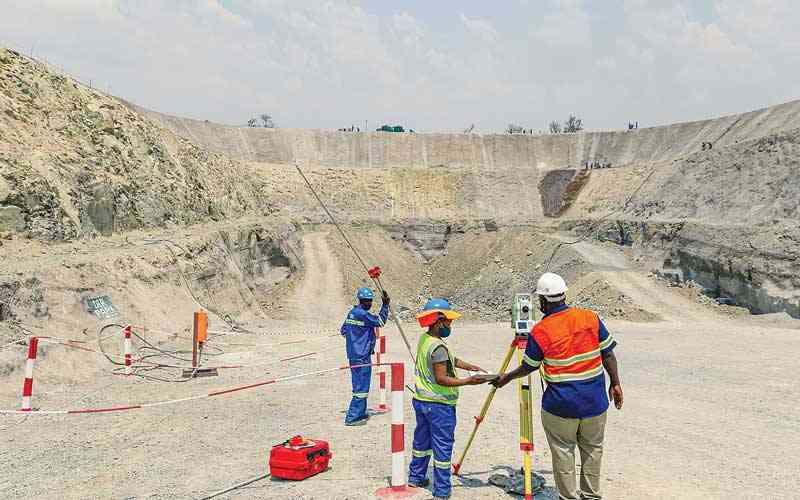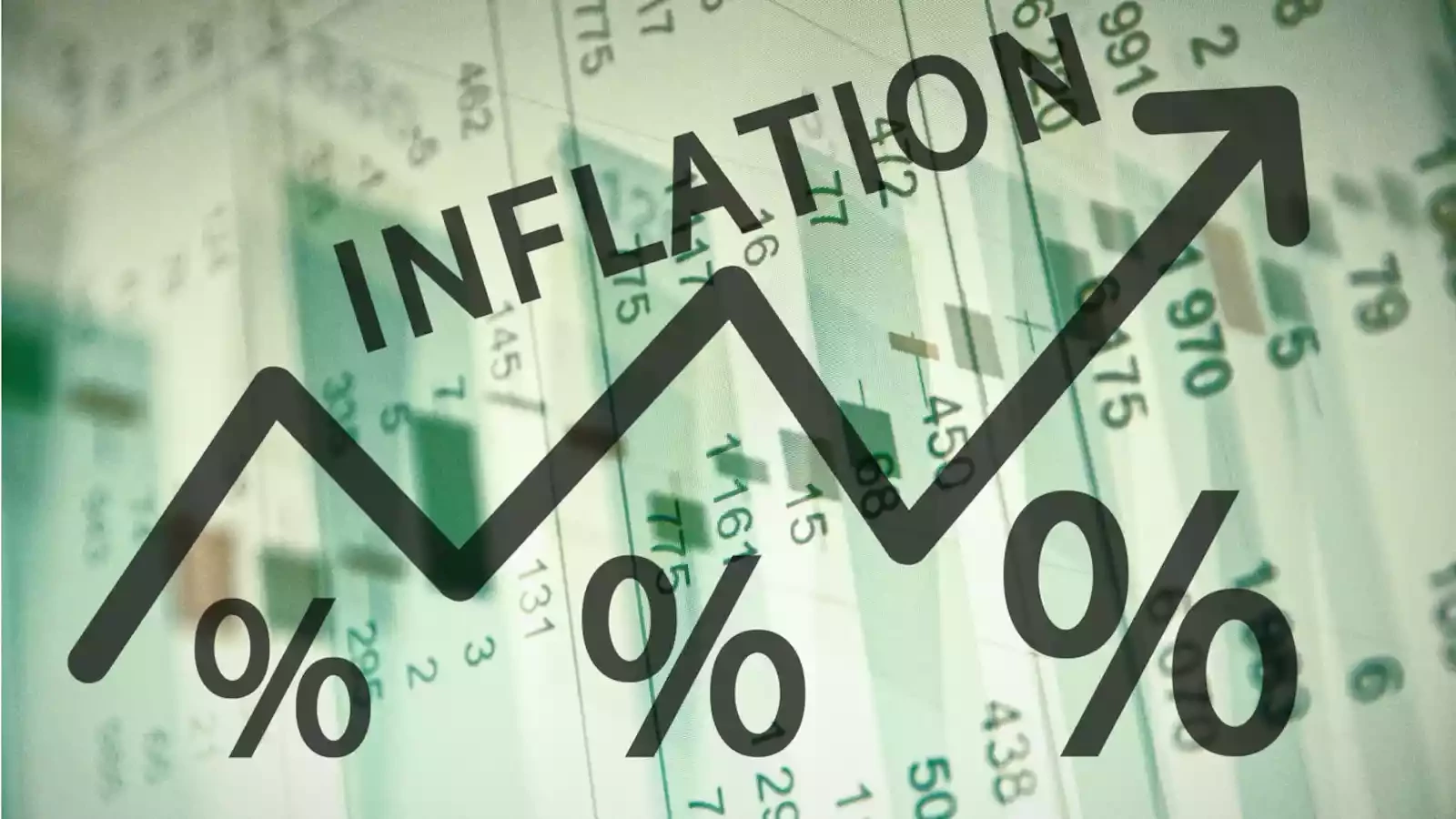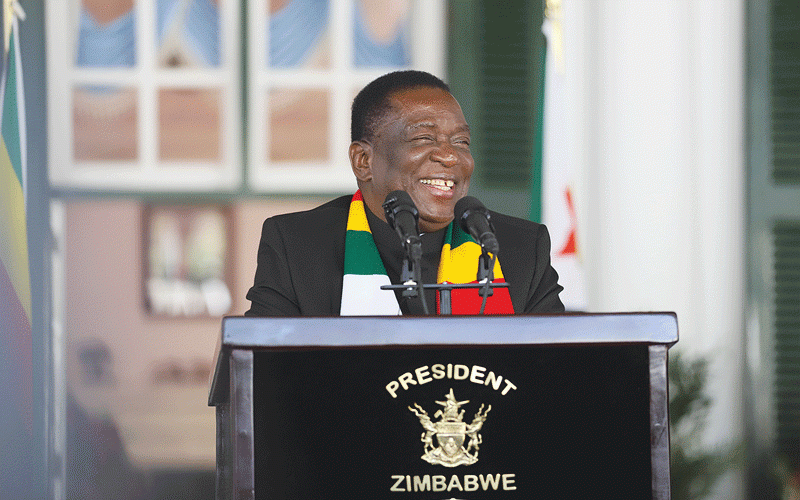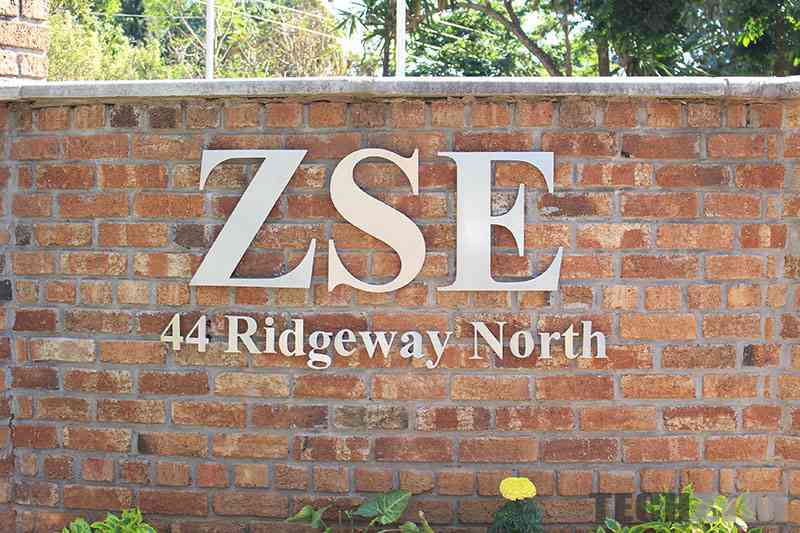
SEVERAL major projects that had been under consideration since last year were implemented in 2022.
The fact that investors braved known risks in Zimbabwe to sink more cash into deals is refreshing.
Harsh laws and tough policies had until now frustrated investors. Once they stepped onto the Zimbabwean landscape, they were literally turned into hostages with threats of expropriation.
These are not just empty threats. Zimbabwe’s politicians never hesitated to force their way into businesses owned by foreigners, and farmers.
They were armed with the roundly condemned Indigenisation and Economic Empowerment Act, which was carefully crafted to enrich the politically powerful and their cronies.
Investors were discouraged. But it is interesting to see that as the year closes, Invictus Energy’s US$100 million gas exploration project has made inroads.
In Goromonzi, Prospect Resources’ US$300 million lithium project is on track to kick-start production in the first quarter of 2023.
At Manhize in Chivu, Chinese investors undertaking a multi-billion dollar iron and steel processing project are on track, while development of Zulu Lithium near Bulawayo is also gaining traction.
- Corruption watch: Time for citizens, civil society to take over
- Pushback over Chinese lithium push
- Corruption watch: Time for citizens, civil society to take over
- Pushback over Chinese lithium push
Keep Reading
This week, President Emmerson Mnangagwa commissioned another US$130 million lithium project in Buhera, while Karo Resources listed a US$100 million bond on the Victoria Falls Stock Exchange.
For a country that has spent a decade battling to attract foreign investors, these are important signs that should Zimbabwe decide to do away with its bad boy status, investors will stick with this market.
It is also a sign that the resource that Zimbabwe has is difficult to ignore, but the country must be fair with investors.
It is also possible that when Mnangagwa dropped a controversial section of the roundly condemned the Indigenisation and Economic Empowerment Act, investors took note and they are giving him another chance. The previous law, was nothing but a piece of extortion.
It gave domestic investors the power to reap where they did not sow. They were allowed to grab controlling stakes in projects involving foreign investors. Surely, no sane investor would stick by a host who takes what does not belong to them.
But Zimbabwe, as always, does not want to steer clear of controversy.
Just as investors were beginning to give the country another chance, it emerged last week that another empowerment law is being crafted.
The Economic Empowerment Act, which will sail through requisite processes next year, will revamp the previous law.
But the problem is, having seen the destabilisation that was triggered by the indigenisation law, it is unwise to hit the markets with news of another law.
Zimbabwe must enable a healing process to take place, paying out the US$3,5 billion compensation to farmers whose land was expropriated, and revisiting all forms of economic injustices that took place during the mayhem. It is only after that can a new legislation be put in place to drive the empowerment process.
For authorities, the big lesson is that they must behave in 2023.











